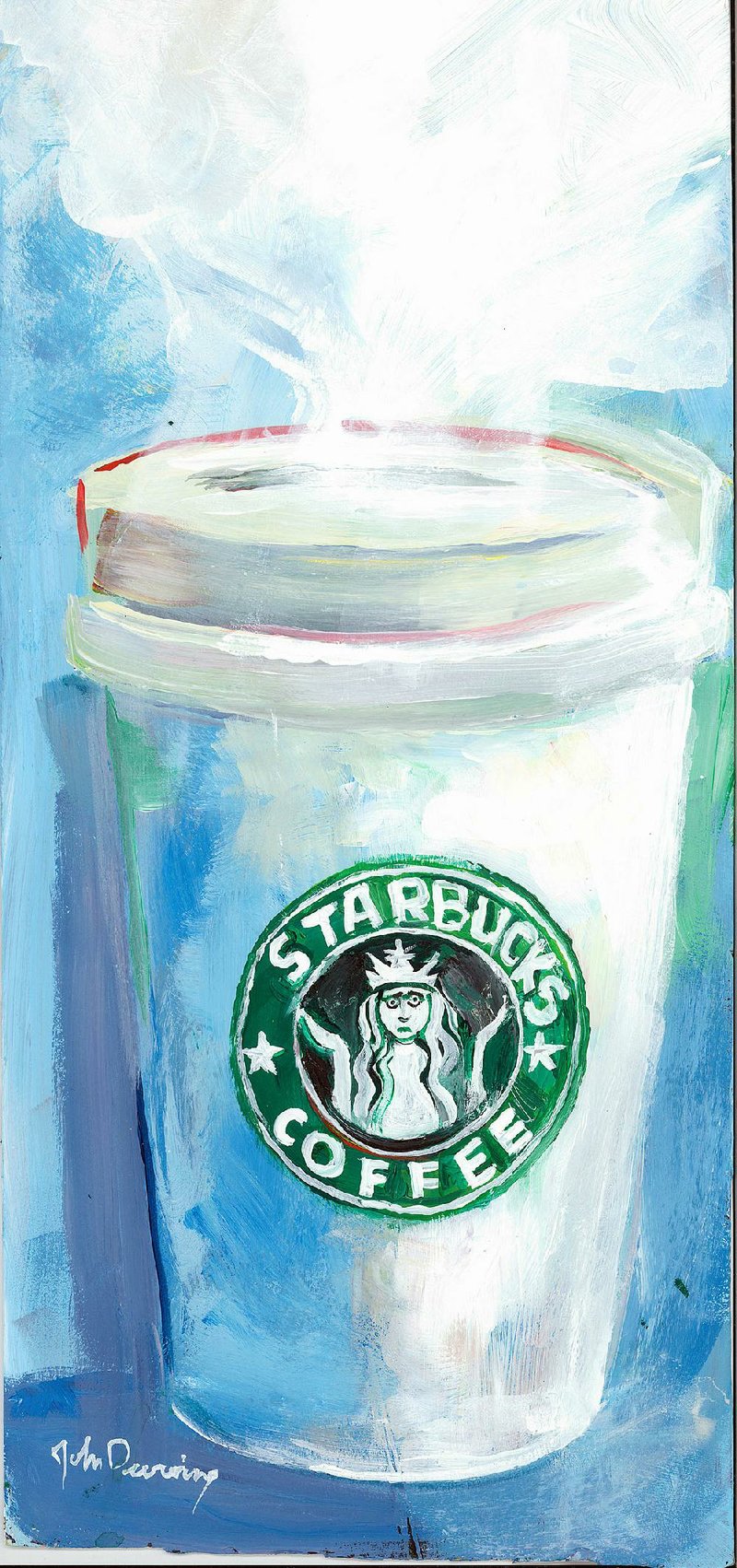Earlier this month, two black men entered a Starbucks store in Philadelphia. They were apparently waiting for a friend before ordering, and one of the men asked to use the restroom. A Starbucks employee refused, saying the restroom was for customers only, then asked the men to leave.
The men stayed put. The Starbucks employee called the police, and customers started recording. Soon enough, there was a viral video of police arresting the two men for the crime--as some progressives called it--of "sitting while black."
There is near-universal consensus that the Starbucks employee's actions were racially motivated. Starbucks apparently agrees.
In more rational times, Starbucks would discipline the manager responsible, notify the rest of its employees that discriminatory behavior will not be tolerated, and be done with it. After all, no one reasonably believes that Starbucks turns a blind eye to systemic racism. No one reasonably believes that the company's founder is anything other than committed to racial equality.
But we live in hysterical times, and hysterical times call for hysterical measures. So Starbucks hasn't just publicly apologized. It hasn't just sent its CEO to meet with the men and personally apologize. It's ordering a national stand-down at more than 8,000 company-owned stores and forcing more than 175,000 employees to undergo "racial bias" training, including training in so-called unconscious bias.
Starbucks employees, welcome to the world of Orwellian junk science.
The concept of "unconscious bias" or "implicit bias" rests on the notion that each of us possesses hidden biases, and those biases impact our actual behavior in meaningful ways.
The concept is based on an "implicit-association test," an engaging little computer exercise that asks you to make image-based snap decisions--associating positive or negative images with black faces or white faces. So, for example, people who take the IAT are more likely to associate weapons with black faces or "bad" words with Arab ones.
People who take the test often emerge chastened. They had no idea that they were carrying around such terrible thoughts. They're ready to receive new thoughts or new ideas supplied by trainers eager to educate them on the latest theories of privilege, oppression, and power. It's essentially a religious exercise with all the key elements: sudden awareness of the sin nature, repentance from the sin nature, and embrace of the new worldview.
Why use the language of religion? Because the science is lacking. Last year the Chronicle of Higher Education reported that researchers, analyzing hundreds of studies of the IAT, reached a stunning result: The correlation between implicit bias and discriminatory behavior appears weaker than previously thought. They also conclude that there is very little evidence that changes in implicit bias have anything to do with changes in a person's behavior.
These findings, they write, "produce a challenge for this area of research." You don't say.
In fact, as the Chronicle observed, "Everyone agrees that the statistical effect linking bias to behavior is slight. They only disagree about how slight."
Jesse Singal, writing in The Cut, put it this way: A pile of scholarly work, some of it published in top psychology journals and most of it ignored by the media, suggests that the IAT falls far short of the quality-control standards normally expected of psychological instruments. The IAT, this research suggests, is a noisy, unreliable measure that correlates far too weakly with any real-world outcomes to be used to predict individuals' behavior; even the test's creators have now admitted as such.
In fact, not only is the IAT a poor predictor of behavior, the test is highly unreliable. As Heather Mac Donald noted last fall in the Wall Street Journal, "A person's IAT score can vary significantly each time he takes the test, undercutting its reliability as a psychological instrument."
Yet an immense corporate, bureaucratic, and academic industry has been constructed around the concept of "implicit" or "unconscious" bias. It's supposed to explain why disparate racial outcomes continue in spite of the fact that measures of explicit racism continue to decrease. It's supposed to answer why police still pull the trigger and shoot unarmed black men.
It does no such thing. Instead, the unconscious-bias industry is a font of bad ideas. It diminishes personal responsibility, renders well-meaning, guilt-stricken Americans vulnerable to baseless ideological re-education, and empowers a corporate and academic elite that is by this point inexcusably rebuking Americans for made-up sins. Moreover, there is something inherently ominous about a corporation (much less the government) attempting not just to correct its employees' behavior but to reform their minds.
Editorial on 04/29/2018
